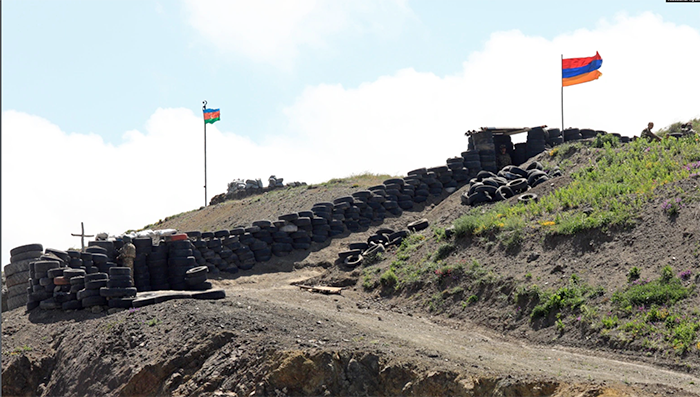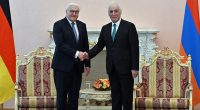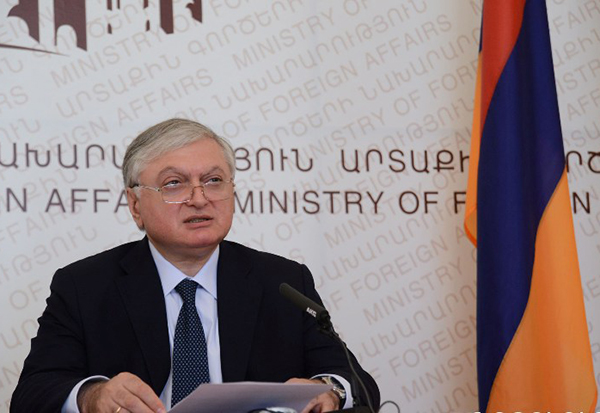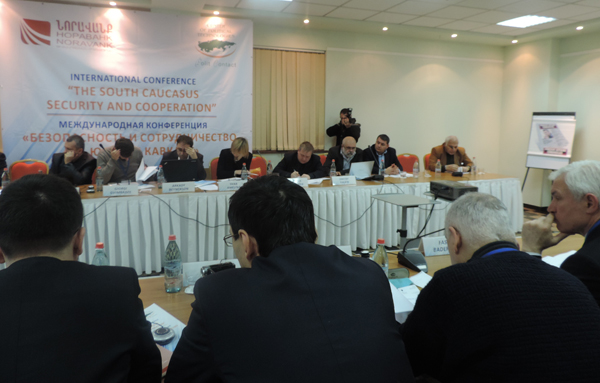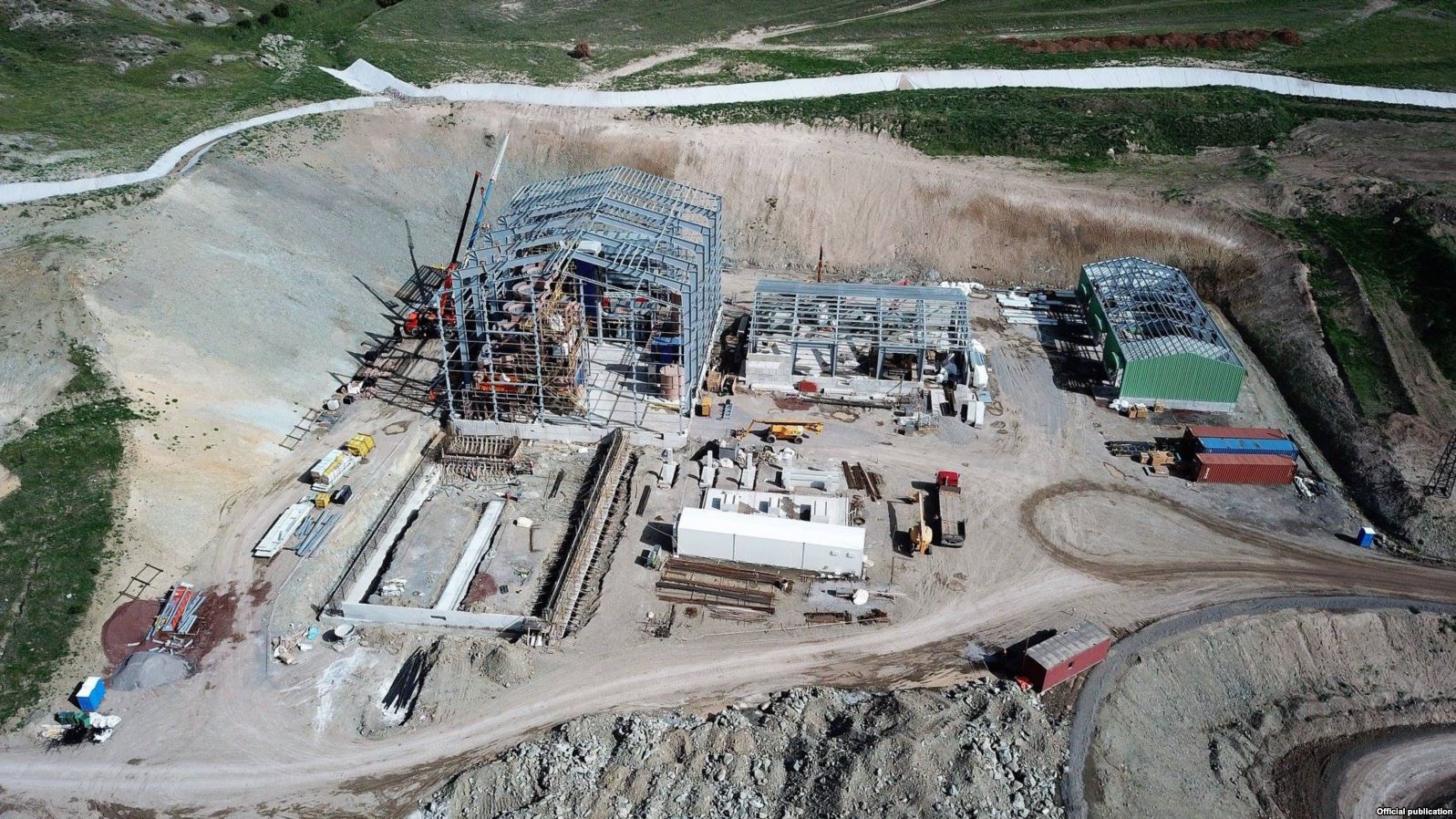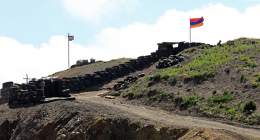By KRIKOR KHODANIAN
Armenia and Azerbaijan have recently announced that they have reached an agreement on a long-discussed peace treaty. However, despite agreement on all points, Baku has yet to put its final signature on the document. International pressure is mounting on the Aliyev regime to cease its delays and fulfill its obligations.
At the same time, the Armenian opposition refuses to accept the agreement, dismissing it as a “false peace.”
Without a peace settlement, Armenia faces two unfavorable alternatives. The first is a large-scale war initiated by Azerbaijan to seize the so-called “Zangezur Corridor.” While unlikely, such a conflict carries significant risks for Azerbaijan. The second and more probable scenario is a prolonged “no war, no peace” situation, which would stifle Armenia’s economic and financial potential for years to come. Currently, Armenia allocates approximately $1.7 billion to military modernization and defense to match Azerbaijan’s significantly higher expenditures. If this situation persists, Armenia will continue increasing military spending at the expense of other critical needs, all while remaining under blockade and excluded from regional economic initiatives. A final peace agreement would allow Armenia to redirect funds towards economic growth, improve citizens’ welfare, and foster confidence in the country’s future.
During the 2021 parliamentary election campaign, Nikol Pashinyan promised to pursue peace, and he has remained committed to this goal despite numerous obstacles, including Azerbaijani incursions into Armenian territory, the blockade of Artsakh, and the forced displacement of Armenians.
The opposition has the right to critique the government’s approach to peace, but it must also present viable alternatives. Thus far, beyond outright rejection, they have offered no concrete solutions.
With parliamentary elections set for next year, an intense political struggle is expected among the ruling party, the current opposition, and new political movements. All parties must clearly articulate their domestic and foreign policy strategies. It is essential to have an open and honest discussion about the future of Armenia’s relationship with Azerbaijan and the broader conflict. If supporters of Kocharyan and Sargsyan advocate for military pressure or the liberation of Artsakh, they should explicitly state their position so voters can make informed decisions.
Rejecting the peace treaty without proposing a clear path forward is not a viable alternative. The opposition must outline a concrete plan for Armenia’s future.
“MASSIS”

